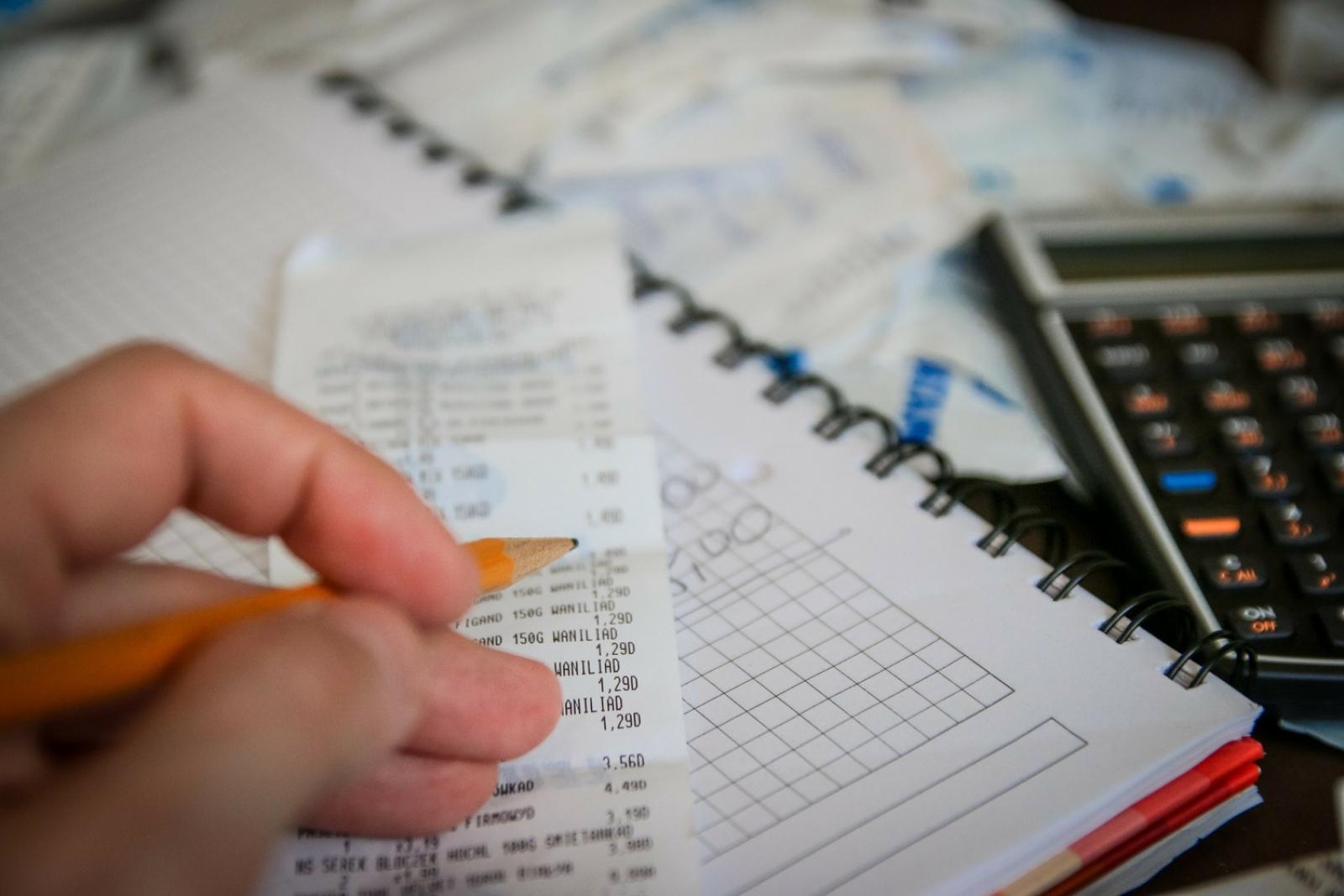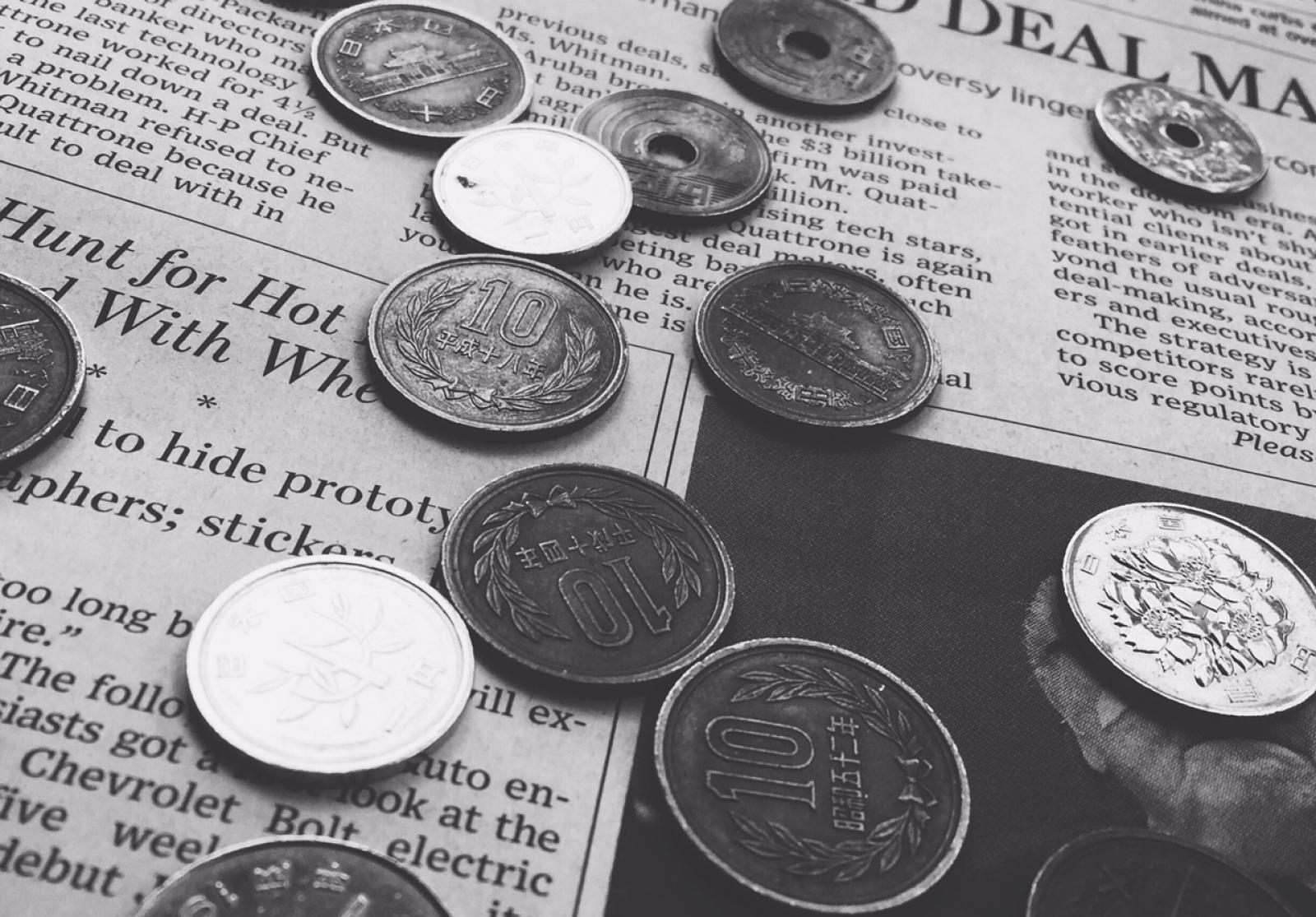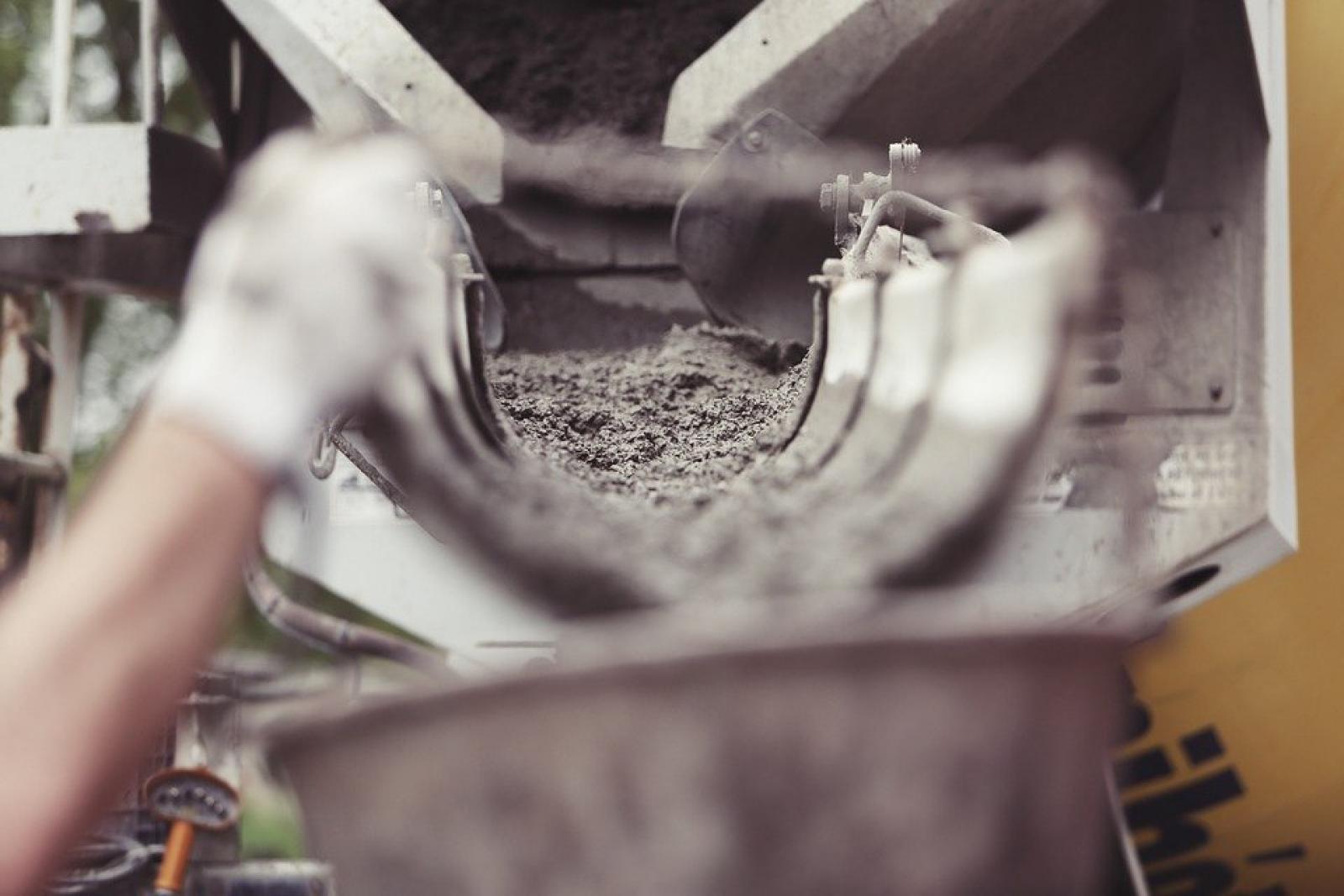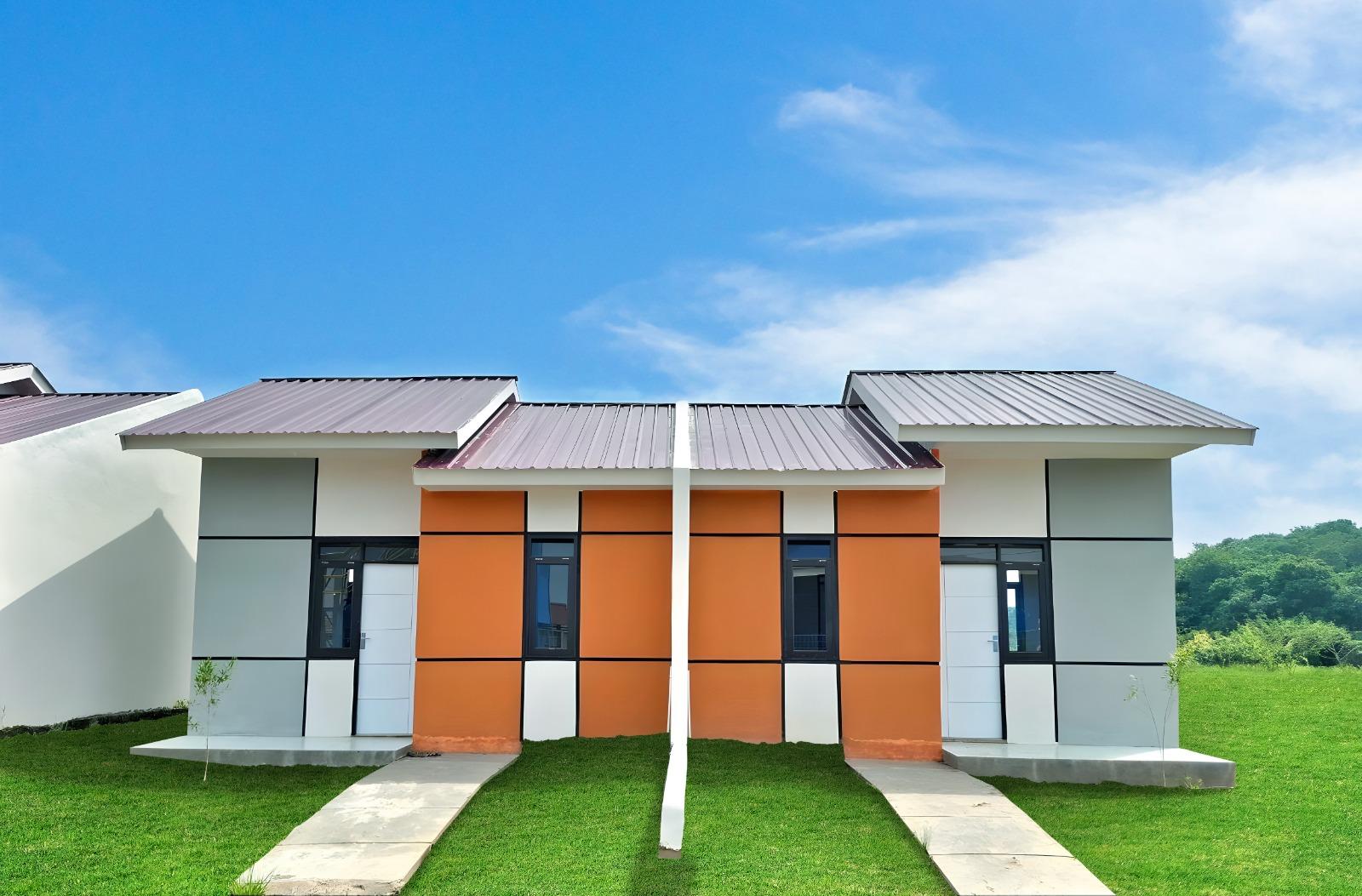The International Monetary Fund (IMF), on Tuesday, said that it is making progress toward reaching a consensus with El Salvador, advocating ways to mitigate Bitcoin (BTC) risks.
According to an official statement, IMF’s discussions with the Salvadoran authorities include policies to strengthen the nation’s fiscal outlook.
The policies would be supported by an IMF program, the statement read.
“Progress has been made in the negotiations toward a Fund-supported program, focused on policies to strengthen public finances, boost bank reserve buffers, improve governance and transparency, and mitigate the risks from Bitcoin.”
Both the parties have reached “preliminary understandings” on improving El Salvador’s primary balance by 3.5% of GDP over three-years.
Further, on the Bitcoin front, the IMF said that many potential risks “have not yet materialized.” It expressed reservations about the country’s use of Bitcoin as a legal tender.
“There is joint recognition that further efforts are needed to enhance transparency and mitigate potential fiscal and financial stability risks from the Bitcoin project.”
Nayib Bukele, El Salvador President, made Bitcoin as a legal tender and announced a potential “Real Bitcoin City,” last year. The Bitcoin City is being constructed at the foot of a volcano currently used to mine BTC using geothermal energy.
El Salvador’s Massive Bitcoin Reserves
The Central American nation has been actively purchasing 1 BTC a day, even during market slump. The strategic accumulation through a government-controlled cold wallet has been continuing since March.
Bukele – usually very active and vocal about all things BTC-related – noted that the country would continue buying BTC until it “becomes unaffordable with fiat currencies.”
Per Bukele’s Bitcoin purchase tracker, the nation now owns 5834 Bitcoins, worth $323 million. However, reports circulated that El Salvador has much more Bitcoin stash than previous estimates.
Further, a survey noted that around 12% of Salvadorians used Bitcoin for daily goods purchase in 2023.





